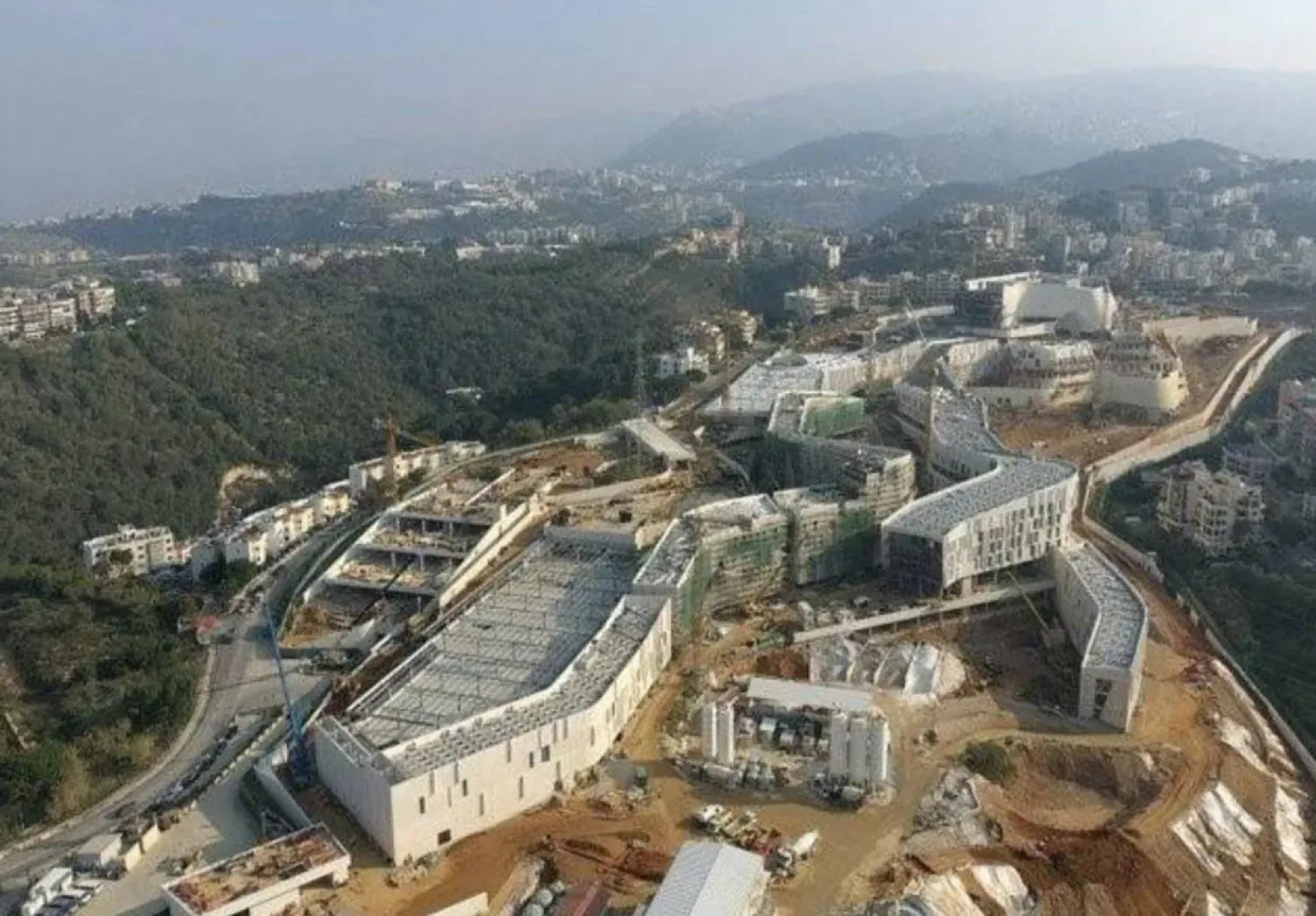Egypt’s National Electoral Commission (NEC) will announce the results of the second round of parliamentary elections on Sunday.
Head of the NEC Lasheen Ibrahim said all results were received from the public committees on the level of the 13 governorates where elections took place as well as the votes by expatriates, noting that the results provided by committees were accurately revised.
The NEC has stressed that it is the only official body entrusted with announcing the final results of the elections.
It will hold a press conference on Sunday at Cairo’s Maspero building, headquarters of Egypt’s Radio and Television Union (ERTU), in the presence of local and foreign media, to announce the results of the second round of elections.
Ibrahim has earlier announced that the commission has not received any complaint that would affect the electoral process, asserting that any issue was dealt with in a professional and accurate manner.
During this round, which concluded last week, 2,085 candidates competed in a single-member district system in 70 constituencies, while the lists competed for 142 seats in the legislature.
The second round of elections took place in Cairo, Qalyubia, Menoufia, Daqahlia, Gharbiya, Kafr el-Sheikh, Sharqiya, Damietta, Port Said, Ismailia, Suez, North Sinai and South Sinai.
Around 31 million Egyptians were eligible to vote in 9,261 sub-committees, over 70 electoral districts, supervised by 12,000 judges, according to official figures.
The run-off elections will take place, depending on the results, on December 7 and 8 inside Egypt, and December 5, 6 and 7 for expatriates.
A total of 568 seats in the lower chamber are up for grabs in the election, with half the seats reserved for candidates running as individuals.
The other 50 percent of seats in the House of Representatives are for over 1,100 candidates running on four party lists. The president will name 28 seats, or five percent, bringing the total number of seats in the lower chamber to 596.
A quota of 25 percent of the seats is reserved for women, according to constitutional amendments approved in a national referendum last year.
The turnout in the first round of parliamentary elections was at 28.6 percent, the NEC had previously revealed.









